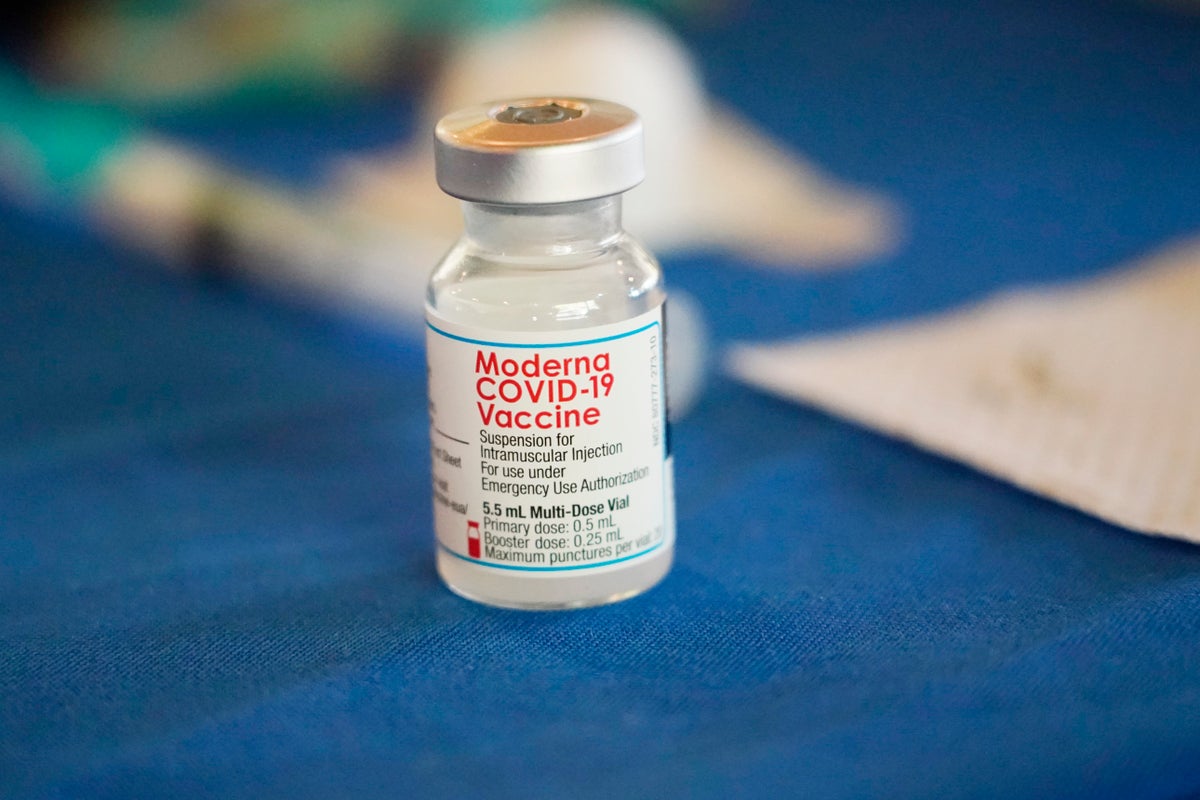
British drug regulators have become the first in the world to authorize an updated version of Moderna's coronavirus vaccine that aims to protect against the original virus and the omicron variant.
In a statement on Monday, the Medicines and Healthcare Regulatory Agency said it had given the green light to Moderna's combination “bivalent” vaccine, which will be used as an adult booster shot.
Each dose of the booster shot will target both the original COVID-19 virus that was first detected in 2020 and the omicron BA.1 variant that was first picked up in November. British regulators said the side effects were similar to those seen for Moderna's original booster shot and were typically “mild and self-resolving.”
“What this (combination) vaccine gives us is a sharpened tool in our armoury to help protect us against this disease as the virus continues to evolve,” said Dr June Raine, the head of Britain's health care and medicines regulator.
Such an approach is used with flu shots, which are adjusted each year depending on the variants that are circulating and can protect against four influenza strains.
Stephane Bancel, Moderna's Chief Executive, said in a statement that it was the first regulatory authorization for a vaccine aiming to fight the omicron variant, predicting the booster would have an “important role” to play in protecting people against COVID-19 in the winter.
Britain's health officials have not yet decided whether or not the tweaked vaccine will be used in its fall strategy. In July, the government said everyone 50 and over would get a COVID booster in the fall.
On Friday, Germany's health minister said the European Medicines Agency might clear the tweaked COVID-19 booster next month.
In June, the U.S. Food and Drug Administration told vaccine makers that any booster shots tweaked for the fall would have to include protection against the newest omicron variants.
According to the World Health Organization, the latest global surge of COVID-19 has been driven by omicron subvariant BA.5, which is responsible about 70% of the virus samples shared with the world's largest public virus database.







